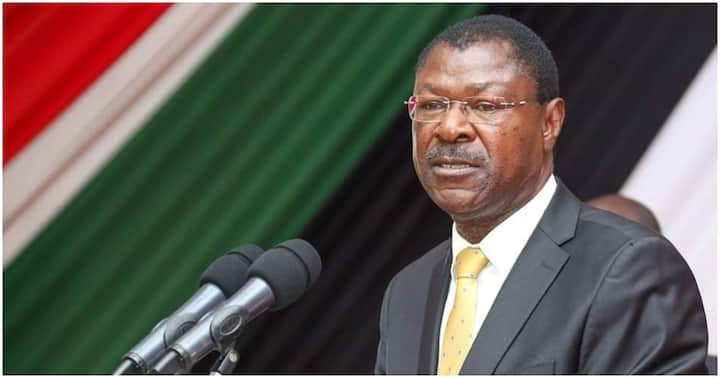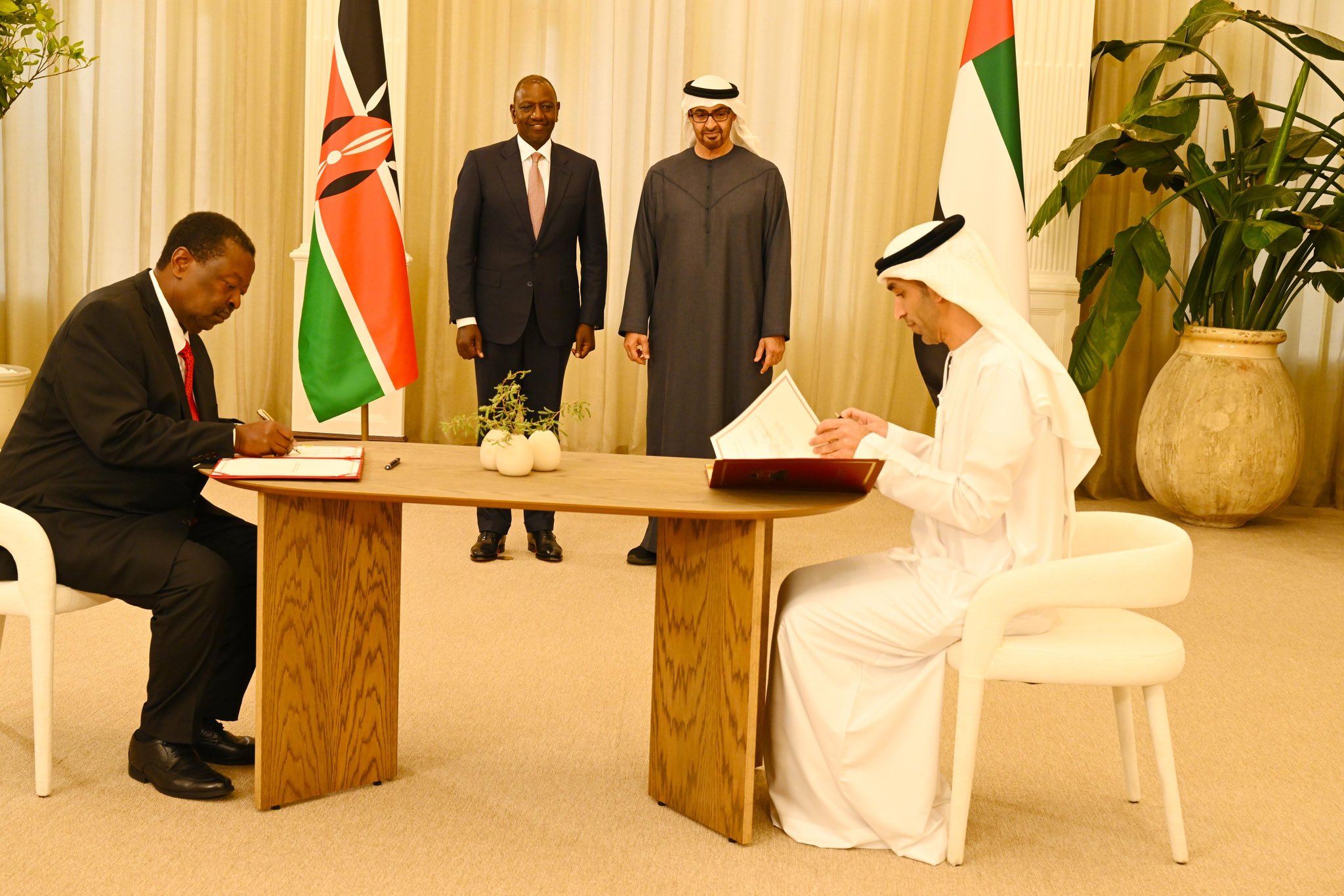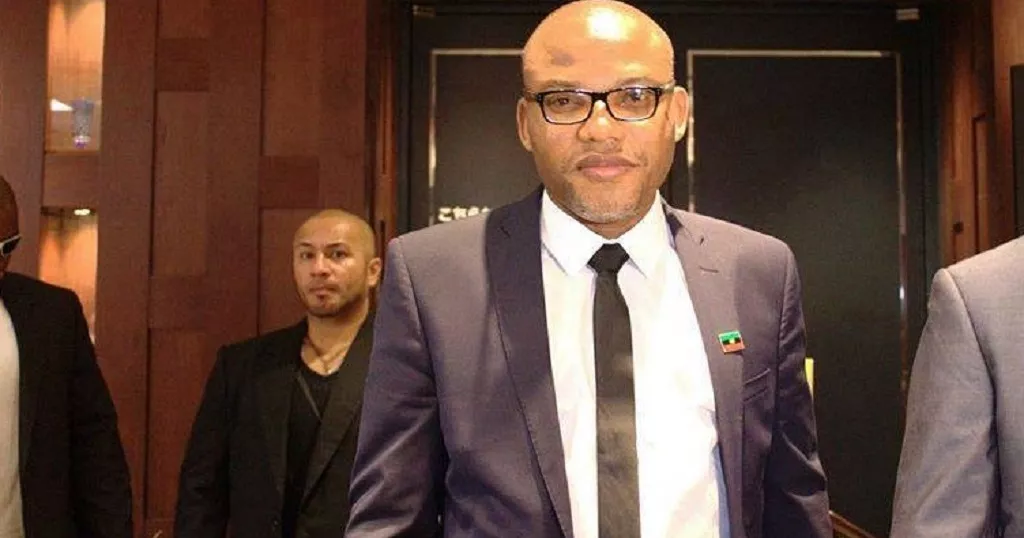TWV Investigations Desk
A confidential letter has surfaced, implicating National Assembly Speaker Moses Wetang’ula and Nyaribari Chache MP Zaheer Jhanda in a multi-billion shilling gold scam that rocked Kenya in 2018 and strained diplomatic relations with the United Arab Emirates (UAE).
To unlock the full article:
Choose one of the options below:
- Ksh 10 – This article only
- Ksh 300 – Monthly subscription
- Ksh 2340 – Yearly subscription (10% off)
The Directorate of Criminal Investigations (DCI), in a letter dated 19 June 2020, classified Wetang’ula and Jhanda as “key suspects” in the scandal and revealed that warrants of arrest had been prepared against them. The correspondence, signed by senior officer John N. Kariuki, was addressed to the Cabinet Secretary for Foreign Affairs for onward transmission to the UAE leadership, including Sheikh Khalifa bin Zayed bin Sultan Al Nahyan, in an attempt to calm Emirati concerns over the missing gold.

The saga began in 2018 when Zlivia Gold, a firm linked to the UAE royal family, entered into a deal with Kenyan intermediaries to purchase 4.6 tonnes of gold allegedly sourced from the Democratic Republic of Congo (DRC). The gold, valued at approximately Sh22 billion, was meant to be smuggled through Kenya to Dubai.
However, conflicting reports suggest that the consignment never left Congo—or if it did, it was seized by senior officials in the Uhuru Kenyatta administration upon arrival in Kenya. Sources indicate that instead of facilitating the shipment, these officials orchestrated a sham investigation designed to mislead their Emirati partners.

Amid mounting frustration in Dubai, Sheikh Rashid bin Thani bin Juma Al Maktoum wrote a terse letter to then Interior Cabinet Secretary Fred Matiang’i, demanding the release of the detained consignment. In the background, the Emiratis turned to Wetang’ula, then Bungoma Senator and businessman Zaheer Jhanda to intercede.
According to documents later published by local media, Jhanda’s role was to “assist Zlivia with all documentation, including payment of taxes, customs, and levies” for the gold. For his services, he was promised US$14.3 million and a 12 percent shareholding in the company.
Wetang’ula, meanwhile, allegedly travelled to Dubai, where he is said to have requested US$2 million, claiming this was the sum demanded by a senior Kenyan Cabinet Secretary to secure the release of the consignment. Reports indicate that Sheikh Maktoum himself travelled to Nairobi and was duped into meeting a fake Cabinet Secretary, falsely introduced as Matiang’i.
The Global Initiative Against Transnational Organised Crime (GI-TOC), in a 2023 exposé, reported that Emirati investors lost at least US$2 million to fraudsters in the fruitless chase for 4.6 tonnes of Congolese gold that “had never existed”. The report noted: “Over the course of the scam, an Emirati businessman handed over at least US$2 million in pursuit of gold that never materialised. The con escalated into a major diplomatic incident after it emerged the businessman was closely linked to the emir of Dubai.”
The pressure escalated to the point where both President Uhuru Kenyatta and former Prime Minister Raila Odinga were summoned to Dubai to account for the alleged seizure. In a leaked phone call that later went viral, Wetang’ula dragged both leaders into the scandal, suggesting they could help retrieve the gold.
In its letter to the UAE in June 2020, the DCI reassured Sheikh Khalifa that investigations were ongoing and arrests imminent: “We would like to assure the UAE Government and His Highness Khalifa bin Zayed bin Sultan Al Nahyan that we have moved with swift expediency and, as a result, we are in the process of bringing in two suspects for further questioning.
The suspects were named as Moses Wetang’ula and Zaheer Jhanda. Yet, no public record exists to show that either was arrested or interrogated. Sources at the DCI headquarters confirmed the authenticity of the letter but insisted the investigation “remains open and active”.
Independent accounts suggest that Kenyan smugglers had indeed moved gold from North Kivu in the DRC through Uganda to Busia, where it was intercepted during a random police search. The consignment was reportedly real and intended for onward transport by truck to Moyale, where a private aircraft awaited to fly it to Dubai.
However, senior figures in the Kenyatta administration allegedly chose to detain and secretly dispose of the gold once they realised its true value. To cover their tracks, they staged a drawn-out investigation, misleading the Emiratis into believing the gold was still being held in Nairobi.
Meanwhile, desperate for recovery, the Emiratis engaged Wetang’ula and Jhanda, who allegedly exploited the situation to extract further payments, turning the saga into one of Kenya’s most audacious international swindles. Despite assurances of arrests, neither Wetang’ula nor Jhanda has faced formal charges in Kenya over the gold scam. It remains unclear whether the 4.6 tonnes of gold ever truly existed, whether it was seized and sold by state officials, or whether it was merely a phantom consignment invented to defraud the Emiratis.
What is certain, however, is that the scandal left a deep scar on Kenya–UAE relations, exposed a dangerous nexus between politics and transnational crime, and raised troubling questions about the impunity of high-level suspects in Kenya.
[/full]




